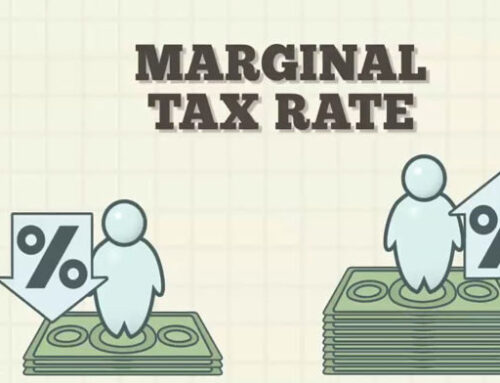Unveiling the Underused Housing Tax: A 1% Levy on Idle Residential Property
The Underused Housing Tax is a 1% tax levied on non-Canadian citizens or permanent residents who possess vacant or underutilized residential property in Canada. In simpler terms, this applies to individuals who own residential properties but fail to develop or construct anything on them, leave them unoccupied, or infrequently utilize them. Implemented since January 1, 2022, this tax necessitates careful attention if you own a property that aligns with the aforementioned description.
Determining Your Eligibility
To ascertain whether the Underused Housing Tax applies to you, it is important to understand the two owner categories: “affected owners” and “excluded owners.” Affected owners are obligated to file an Underused Housing Tax return, while excluded owners are not.
Navigating this tax involves numerous scenarios, considerations, and exemptions, making it somewhat intricate.
Here are the key points:
- If the property owner is a corporation, they should file. However, if 90% or more of the corporation’s shares are owned by Canadian citizens or permanent residents, they qualify for an exemption.
- If the property is owned by a partnership or the rental income is reported by a partnership, they should file. Yet, if the partnership comprises Canadian citizens or permanent residents, they qualify for an exemption.
- If the property is owned by an individual who is not a Canadian citizen or permanent resident, they should file.
- If the property is owned by an individual who is a Canadian citizen or permanent resident, there is no requirement to file.
Considering these guidelines will help you determine whether you need to fulfill the obligations of the Underused Housing Tax.

Exploring Exemptions: Understanding Underused Housing Tax Exceptions
When it comes to exemptions from filing the Underused Housing Tax, it’s crucial to be aware of various factors and considerations.
Excluded owners are not obligated to file a return, whereas affected owners must still submit one to demonstrate their exemption from paying the tax. Here are a few scenarios where this applies:
- If at least one unit of the property serves as the primary residence of the owner or their immediate family (spouse, common-law partner, or child).
- If at least one unit of the property has been rented out to someone.
- If at least one unit of the property has been occupied by the owner or their immediate family during their time in Canada on a work permit.
- If at least one unit of the property has been occupied by the owner or their immediate family, who are Canadian citizens or permanent residents.
- If the property cannot be lived in year-round or is seasonally inaccessible.
- If the property has become uninhabitable for a certain period due to a natural disaster or hazardous condition beyond the owner’s reasonable control, or if it was rendered uninhabitable due to construction.
Additionally, there are exemptions related to the death of the owner. For comprehensive details, consulting a Tax Expert is highly recommended.
Also read: Blogger Tax Deductions: Do’s and Don’ts
When owning multiple properties, there are a few considerations to keep in mind:
- Separate Returns: Each residential property requires a separate tax return to be filed. This means that if you own multiple properties, you will need to file a separate return for each property.
- Spousal Ownership: If you and your spouse or common-law partner jointly own multiple residential properties, and if one of you is not a Canadian citizen or permanent resident, it’s important to note that you may not qualify for exemptions related to either your primary residence or rental property. This means that the exemptions available for Canadian citizens or permanent residents may not apply to properties owned jointly with a non-resident spouse or partner.
Recent Posts
FAQ
What is one exemption for filing the Underused Housing Tax?
If at least one unit of the property functions as the primary residence of the owner or their immediate family, including their spouse, common-law partner, or child, they are exempt from filing the Underused Housing Tax.



